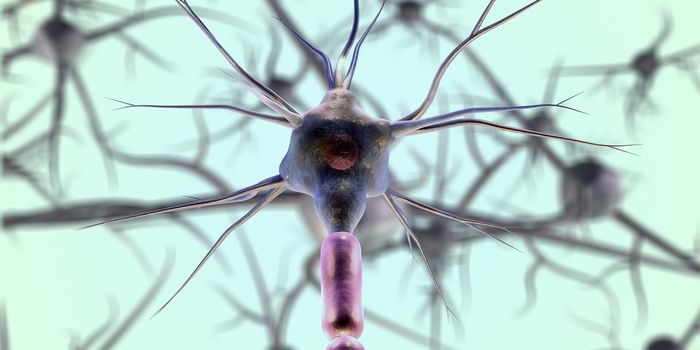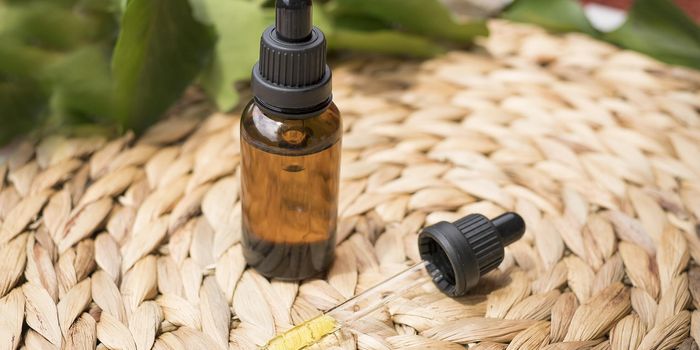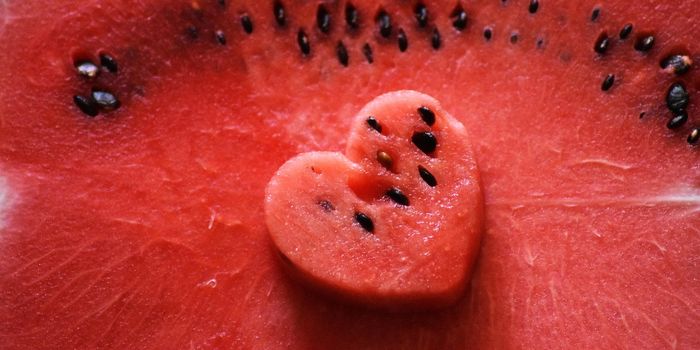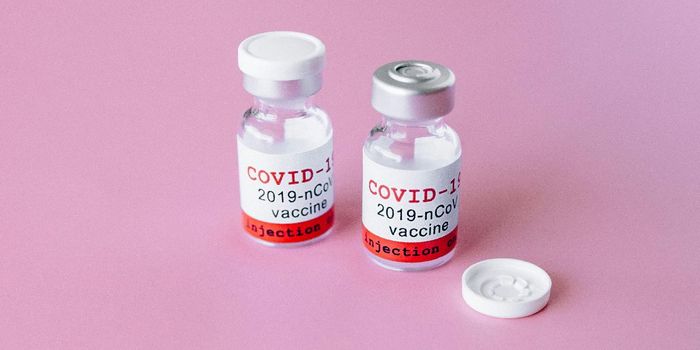You probably won’t find a person who doesn’t agree that fruits and vegetables are “healthy.” Yet, chronic diseases like cancer, cardiovascular disease, and diabetes are still at the top of the charts as causes of death in the United States every year. Even though the average person might understand that choosing steamed broccoli over French fries is a healthy choice, that decision doesn’t always come to fruition, and the growing fast food industry can attest to that. In a new study from the University of Liverpool, scientists draw clear connections between the healthy components found only in plant-based foods and a reduction of chronic inflammation that helps to prevent many of the diseases that plague millions of Americans.
The disease-preventing compounds in fruits and vegetables are called polyphenols, and scientists learn more and more every day about how polyphenols reduce the risk of disease when consumed on a regular basis.
While inflammation in the body in the presence of a dangerous pathogen or a cut on the skin is a healthy immune response, continuous or excessive inflammation is damaging to the body tissues and is the root of many chronic diseases. There are many immune cells and chemical messengers that are involved in the inflammatory response, and the Liverpool scientists focused on T cells and the cytokines they produce to instigate inflammation.
Whether there is good reason for inflammation or not, T cells produce cytokines as chemical messengers to begin the process of inflammation, a sort of domino effect of cell signaling in the immune system. Scientists known that the polyphenols in fruits and vegetables regulate cytokine release by T cells, and the Liverpool scientists wanted to see if the “relative potency” of different polyphenols in different fruits and vegetables affected cytokine release and, ultimately, the resulting inflammatory response.
Study leaders Sian Richardson and Chris Ford studied 31 different and six different combinations of these polyphenols. Each combination was combined with T cells in the lab, and they measured the amounts of cytokines released.
"The results of our study suggest that polyphenols derived from onions, turmeric, red grapes, green tea and açai berries may help reduce the release of pro-inflammatory mediators in people at risk of chronic inflammation,” Richardson said.
Richardson and Ford found that specific polyphenols and polyphenol combinations found in these foods were especially beneficial for reducing chronic inflammation: isorhamnetin, resveratrol, curcumin, and vanillic acid. Richardson also specifically recommended foods containing these polyphenols for the elderly, who are on average more vulnerable to chronic inflammation and associated diseases.
The study was recently published in the
British Journal of Nutrition.
Source:
University of Liverpool










